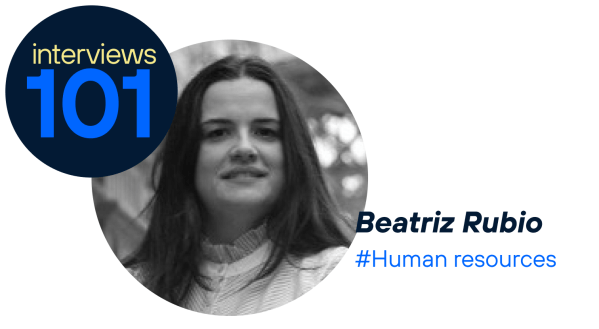Technology is changing how personnel are managed in order to adapt to the needs of both companies and its workers, and the way they relate to each other. Industry experts already have a wide range of tools at their disposal to attract and retain talent.
What does technology bring to attracting talent?
The benefits abound. On the one hand, it allows a number of tasks to be automated, so that HR specialists can focus their efforts on what really matters. By using technology to attract talent, they can automate recruitment processes or skills ranking of both new candidates and existing employees.
Software designed for recruitment and selection can sift through hundreds of CVs in a matter of seconds, offer a wide variety of tests to discard the least optimal candidates for each process, and analyse the profiles of the entire workforce to plan promotions.
On the other hand, the use of human resource management software helps organisations of all kinds and sizes to comply with regulations concerning data protection and the handling of personal information. This is a very delicate task and poses certain security challenges.
Talent and gamification. The fun way to find skills
There are many methods and technologies for attracting talent, and gamification is one of them. Large companies such as Coca-Cola and Iberdrola already use these tools. One of them has been designed by Nawaiam, a Madrid-based startup that proposes a game in which candidates are transformed into heroes who must save humanity, and which promises companies to reveal a candidate’s profile in just 15 minutes.
The tool analyses the applicant’s skills, identifies their adaptability to change, their ability for teamwork, their empathy, or their negotiation and communication skills. This is because participants’ responses are more spontaneous in a playful environment than in an interview.
Similarly, video games allow their users to learn and improve a wide variety of skills. A study by ManpowerGroup reveals that this means of entertainment also helps develop skills such as teamwork, creativity in problem solving, curiosity, critical thinking and leadership. After all, the environments in which players finds themselves pose a variety of problems.
A strategy video game, for example, forces the player to plan their moves and develop skills that will be useful in finding a job or improving their position within the organisation. Similarly, other video games will motivate people and improve team performance.
Big Data to build better professional teams
Nowadays, the use of Big Data and AI is focused on teams. What do companies get out of it? By applying big data analytics, they can identify specific profiles and aptitudes. All that is needed is to establish a series of keywords to carry out the process. While the final selection work requires human intervention, much of the rest is automated.
Beyond the actual selection of candidates, the study of data helps to detect affinities with employees and to generate greater “engagement”, that is, to make them feel part of the company and identify with the organisation’s values, increasing their commitment to it. They also discover interests and needs.
If the use of AI is taken into account, training programmes can be adapted according to the recommendations of logarithms based on the analysis of each employee’s profile, interests and career goals. Similarly, data analysis provides transparency and helps companies to improve their image, attracting talent indirectly.
By analysing individual behaviour, HR experts can often detect facets that are sometimes overlooked. The data also reveals the potential of each profile and the training needs for further growth and personalise each employee’s career development. This is particularly true of soft skills, which are increasingly in demand, and the digital skills that can respond to the technological transformation that today’s society is undergoing.
There is a technology for attracting talent, both inside and outside companies, that optimises the work of human resources teams, reduces costs in recruitment and selection processes, and improves the relationship between the company and its staff by boosting the commitment of the people who make up the organisation and retaining the best people for each task.








